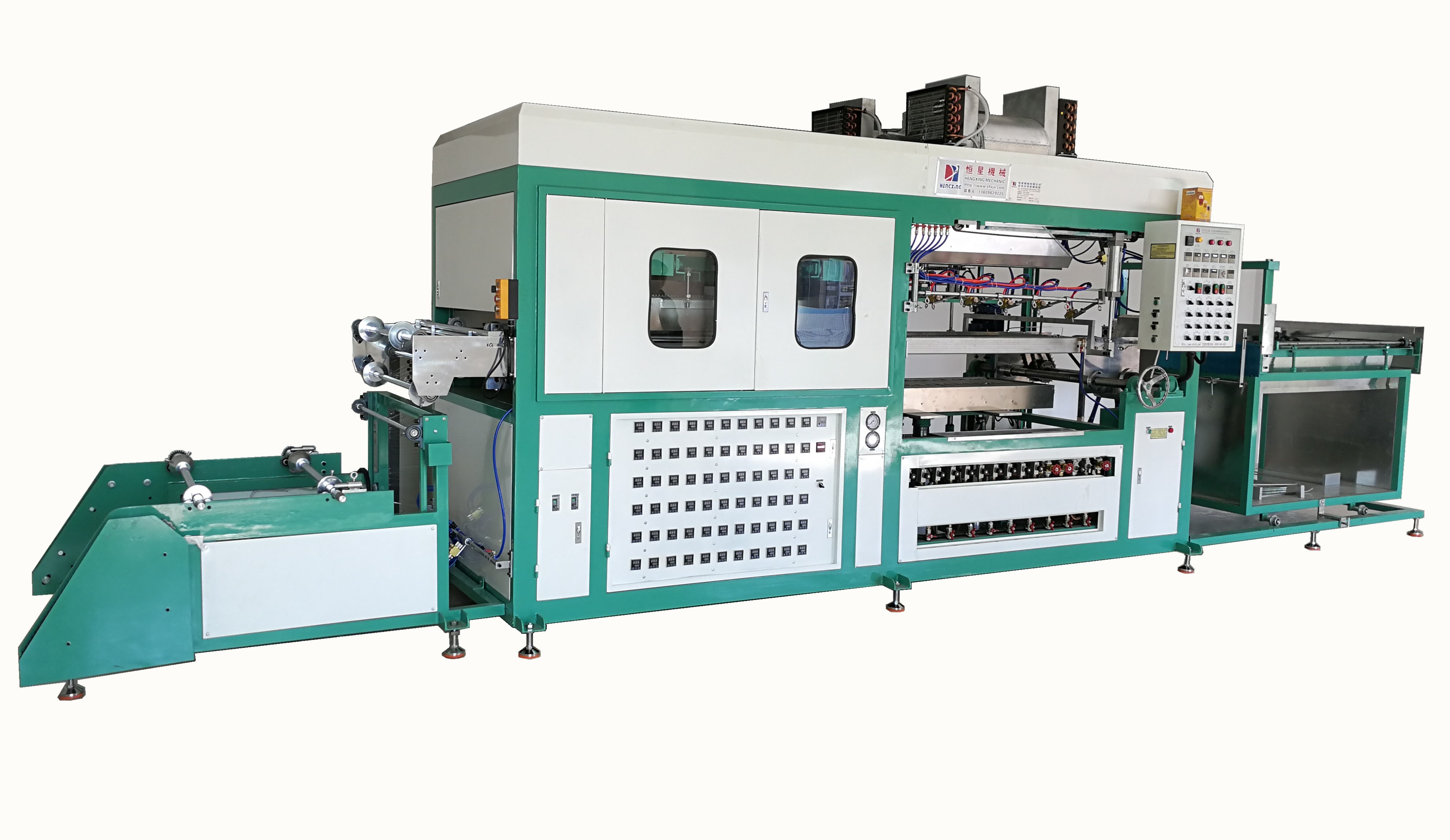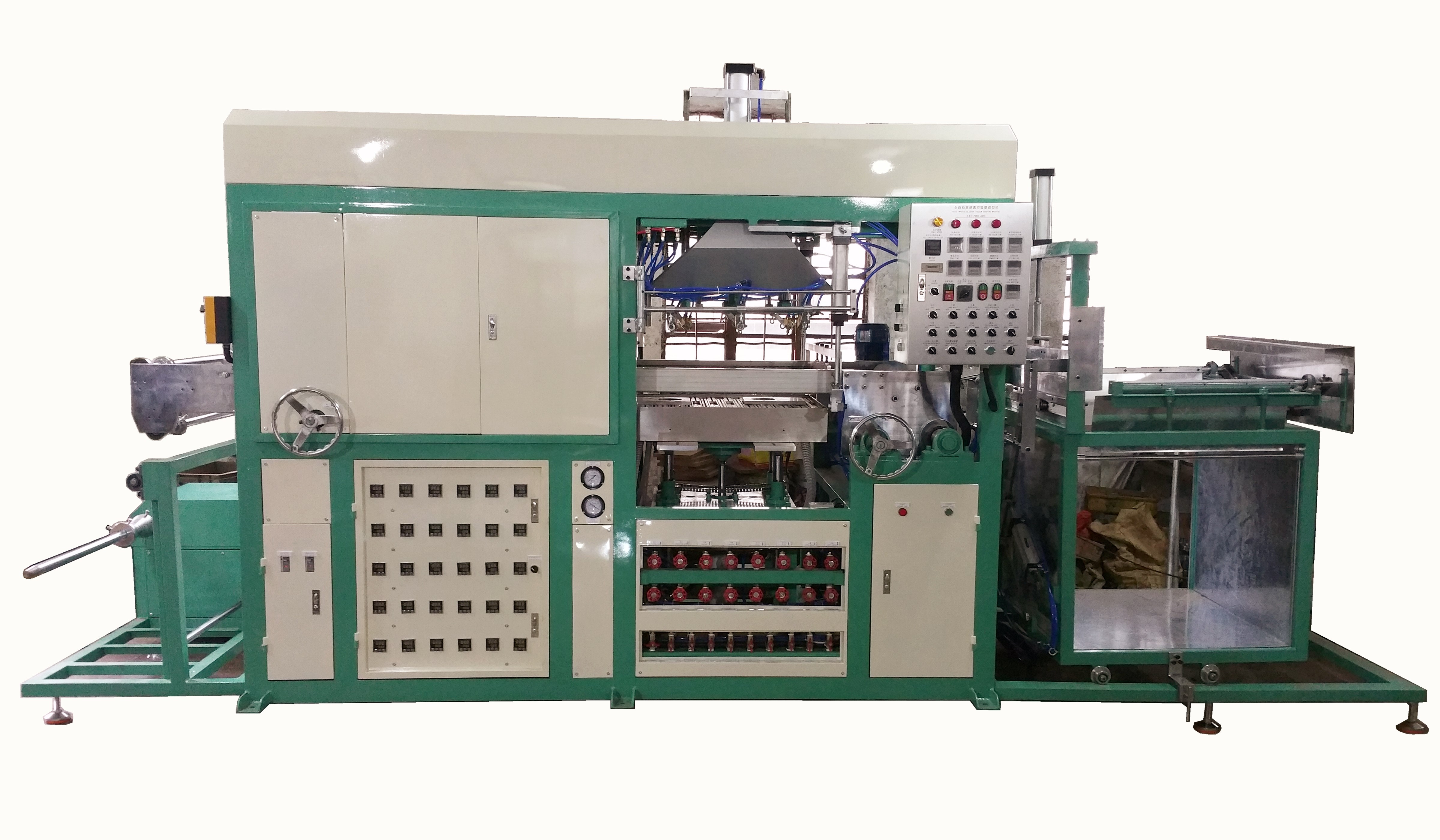In 1936, a biogas digester built in our Putuo Mountain flood-rafting workshop opened the history of modern anaerobic technology in China. In Lettinga's memory, China was a very successful country in implementing anaerobic wastewater treatment system. This is due to the biogas usage policy that China has long implemented in rural areas. However, the use of biogas only opens the curtain of anaerobic history. How China anaerobes from the application of experience-based engineering to the industrialization of modern science and technology, how to take root, grow, transform and mature in China, and is widely used , These stories deserve our exploration. The historical materials and precious photographs in this article are selflessly provided by academician Qian Yi, Professor Hu Jichang, Professor Wang Kaijun and Ren Hongqiang, and hereby express our heartfelt thanks.
Anaerobic / Zheng Yuanjing
Compared to China's overall social and economic development, our environmental protection is undoubtedly leading the way. Returning to the Stockholm Environment Conference in 1972, China's leadership has been aware of the study of environmental pollution. At the same time, due to the large-scale establishment of Chinese industrial enterprises at that time, "Nende died fish", "Guanting reservoir pollution" and "Tuanjiehu smelly" were all the "environmental public events" of concern during that period. Under the principle of "keeping the old path of the West and demonstrating the superiority of socialism," environmental protection has been established as a basic national policy and water treatment scientists and engineers have obtained better working conditions. With the end of the ten-year turmoil, the rise of state construction and the implementation of the three simultaneous systems, China's environmental protection business entered a period of rapid development in those few years, under the inspiration of reform and opening up and the construction of the motherland.
1978, 1979, for the world history of anaerobic development, the most important. In the past two years, the Lettinga team's research results on UASB have emerged in the world academia and set off the wave of research and development on anaerobic technology. This wave naturally swept China where environmental protection is on the rise. However, amazingly, three or four years later, in 1982, China's first wastewater treatment plant using UASB technology entered the engineering pilot phase in the Beijing fermented bean curd factory. This rate is amazing even today (interested readers can compare membrane technology applications to AMX and aerobic granular sludge). Not to mention taking into account the efficiency of information dissemination at the time, the Chinese counterparts can not find more information, but also unable to communicate in real time advice, then the emergence of this speed is undoubtedly a miracle.
The key figure to realize this miracle is Zheng Yuanjing, when he was deputy director of the Beijing Environmental Protection Institute (currently Beijing ASTRI). According to Lettinga's literature, he is the first person in China to take the lead in developing UASB technology and to promote the use of the technology in the food industry. Wang Kaijun once commented on his mentor: Mr. Zheng Yuanjing is a rare masterful person in our country who has innovative thinking but has been forgotten by the industry. He is the only one in China that has such advantages as hydrolytic-aerobic, contact oxidation and anaerobic USAB Pioneering work and outstanding achievements of everyone.
This assessment elicited our concern for this audience. However, unfortunately, the memory of the modern search engine on Mr. Zheng Yuanjing, but also very few words: Zheng Yuanjing (1934 ─) Han, Fujian cents Tourists. Leningrad School of Architecture and Engineering graduate. Former Beijing Research Institute of environmental protection researcher, director, deputy director, Beijing Municipal Environmental Protection Bureau deputy director, chief engineer, Beijing eighth, nine, ten people's deputies. Enjoy the "special government allowance" issued by the State Council. 1998 hired as Beijing Municipal People's government counselor.
History is sealed over time. The story about the veteran is no longer reproducible. However, in order to avoid leaving an anaerobic development history blank, we tried hard to capture the clues from Wang Kaijun's oral dissertations from Mr. Zheng Yuanjing's own scientific research articles.
In 1975, Mr. Zheng Yuanjing led the team to begin a small-scale pilot and medium-scale pilot project to treat urban sewage using biological contact oxidation and conducted a mechanistic study of this process. The development and application of this technology was largely in keeping with the contemporaries in Japan at that time (the technology was the core process unit of a popular buried sewage treatment plant in Japan). At present, this technology has gradually evolved into the aerated filter process (BAF).
In 1982, with his promotion, China's first wastewater treatment plant using the UASB process entered its engineering pilot phase in Beijing's fermented bean curd factory. April-September the same year, Mr. Zheng Yuanjing in the "Environmental Protection" magazine serialized six articles entitled "high concentrations of organic wastewater treatment," the article, these six articles, a comprehensive and systematic anaerobic technology mechanism, process equipment As well as in the application of high concentrations of sewage treatment prospects. It now appears that these six articles seem to have become Mr. Cheng's most profound and comprehensive description of anaerobic technology left in the network.
Around 1985, Wang Kaijun division from Zheng Yuanjing, two people developed a hydrolysis - aerobic joint process. This process is a crescent, is the successful application of system theory in the field of sewage treatment, that is, the use of anaerobic acidogenic stage as a follow-up aerobic pretreatment process, greatly reducing the hydraulic retention time and improve the biodegradability of sewage. Hydrolytic acidification is currently the "standard" for the treatment of most industrial refractory wastewaters, and undoubtedly requires solid expertise, romantic imagination and the courage to innovate during the founding stage.
Time can not stop one of you in the anaerobic history of the curtain call curtain, but looking back at Mr. Zheng Yuanjing's article, we can still strongly feel that, in addition to the achievements of scientific research, he conveyed the "sewage organic Is an energy source, "and" Anaerobic biological treatment is a good way to recover energy and purify sewage. "The concept of pollution control, such as converting industrial wastewater treatment plants into water resource plants, is still widely respected by environmentalists. His efforts in the field of environmental protection and anaerobic development have also turned Chun Chun into a nourishing generation of environmental scientists and workers.
The anaerobic event, held every two years from November 11 to November 15, 1985, the fourth session of the International Symposium on Anaerobic Digestion (Biogas), was held in Guangzhou, China. The conference attracted 6 of the 50 countries in the world More than 10,000 participants attended the meeting, with 150 delegates from China participating in the conference. The participating scholars conducted exchanges and discussions on such topics as global anaerobic dynamics, basic and theoretical research, agricultural applications, industrial applications, biogas and the environment.
This meeting is undoubtedly a trend of storm blowing the frontier of anaerobic world information in China. It prompts the rapid development of efficient anaerobic wastewater treatment technology in China and greatly promoted the research on anaerobic wastewater treatment in China. It was also this year that Lettinga visited the research institutes in Beijing and Chengdu, met Qian Yi, a famous Chinese environmental scientist, and also saw the news of her visit to Taiwan on television (Qian Yi's father is famous This year, a young man named Kai-Jun Wang bragged to invite Professor Lettinga to his unit - Beijing Central Academy of Sciences visit a pilot project, when he was engaged in a large-scale up-flow hydrolysis tank Demonstration project research. Somewhere in the arrangement, has long laid an embarrassment for the anaerobic technology in China's great development.
Blister forming machine application
Blister forming machine is suitable
for PVC, PE, PET, PETG, PP, PC, PS, HIPS, APET and so on , the machine furnace
produce heat to soften the plastic sheet, then vacuum pump sucks the plastic
sheet down to the forming mould area to finish the forming, different forming
mould enable to have different forming shape
It`s suitable for the blister packaging in toys, hardware, food, electronic
products, medicine, commodity, etc.
Advantages of blister forming machine
1. The second mode.
2. Vibratuion demould.
3. Delay vacuum.
4. Electric pull of.
5. Province electricity save material.
6. Can work for 24 hours.
7. Heating sysrem indepenfent control.
8. The imported high quality brand electrical accessories.
9. Length,width can be flexible fine – tuning.
10. Reduce the cost to improve efficiency.


Blister Forming Machine
Blister Forming Machine,Vacuum Blister Forming Machine,Manual Blister Forming Machine,PVC Blister Forming Machine
ShenZhen Hengxing Machinery Factory , http://www.szchxjx.com